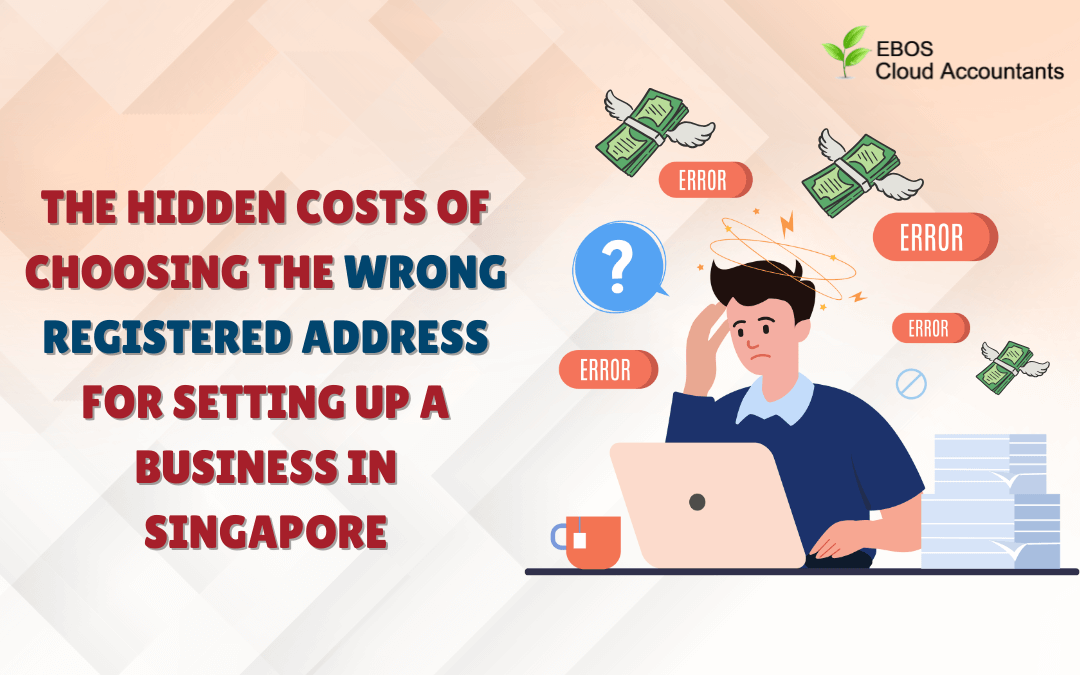When setting up a business in Singapore, choosing a registered address might seem like a simple administrative step. But the address you register can have far-reaching implications—some of which only become clear when problems arise.
In this article, we explore the hidden costs of choosing the wrong registered address and how to avoid common pitfalls.
1. Compliance Risks and Penalties
In Singapore, every company is legally required to have a valid local registered address that is accessible during normal business hours. If you choose an address that doesn’t meet these requirements—such as one that is unstaffed or not officially zoned for business use—you may run into trouble with the Accounting and Corporate Regulatory Authority (ACRA).
Consequences can include:
-
Fines for non-compliance
-
Legal notices not being delivered properly
-
Risk of enforcement action or even company striking-off
2. Missed Government Correspondence
Government agencies such as IRAS (tax authority), ACRA, and MOM often send important letters and notices to your registered address. If the address is not monitored or reliable, you risk missing deadlines for tax filings, license renewals, or audits.
The result?
-
Late penalties
-
Suspension of business licenses
-
Delays in grants or approvals
3. Damage to Professional Image
First impressions matter—especially in business. Your registered address often appears on official documents, invoices, websites, and client communications. Using a poorly maintained or residential address can hurt your brand’s credibility.
This may lead to:
-
Lost client trust
-
Missed business opportunities
-
Challenges in securing partnerships or funding
4. Difficulties with Banking and Licensing
Some banks and regulatory bodies in Singapore require a commercial address for opening accounts or applying for licenses. If you’re using an address that doesn’t meet their criteria, your applications may be delayed or rejected altogether.
5. Unexpected Relocation Costs
Choosing a short-term or unsuitable address can result in having to update your registered office down the road. That means more paperwork, government filings, and notifying banks, partners, and clients.
Expect costs such as:
-
ACRA filing fees
-
Admin charges from your CSP or secretary
-
Updated printing of letterheads, business cards, etc.
What to Look for in a Reliable Registered Address
To avoid these pitfalls, choose a registered address that:
-
Is compliant with ACRA’s requirements
-
Is professionally managed (e.g., through a corporate service provider)
-
Offers mail handling and notification
-
Projects a professional business image
-
Can grow with your business
Final Thoughts
The registered address is more than just a formality—it’s a foundation for smooth business operations. Cutting corners at the start can lead to hidden costs and headaches later. Investing in the right address from day one is a small but powerful step toward building a credible, compliant, and professional business in Singapore.
Check out our website at https://ebos-sg.com/ to explore more articles and discover how our Cloud Accountant Services can support you on your business.







